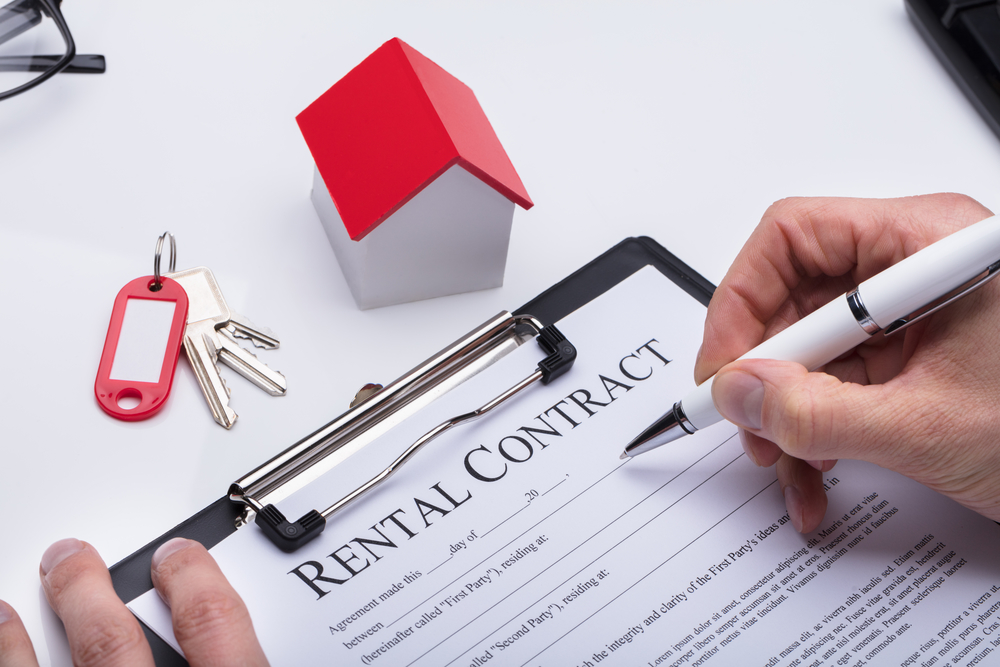

In the relationship between a landlord and a renter, it can feel as if the power is entirely in the landlord’s favor. Though a rental contract is meant to protect the interests of both the renter and the landlord, most renters are either unaware of exactly what rights their agreement protects, or are too afraid of being kicked out to take any action against a landlord. Here’s what you need to know about your rights as a renter, if your landlord has violated your lease agreement.
What Constitutes a Violation?
First, it’s important to be certain that your landlord is, in fact, violating your rental agreement. So, pull out your copy of your rental contract, and take a close look at it. Better yet, have an attorney go over it with you. While all rental agreements will have some variations, there are certain things included in every rental agreement, designed to protect both parties.
Here are some examples of common landlord responsibilities, and how they might be violated:
These are just a few of the most common rental agreement violations that we see. If you believe your landlord may have violated your contract in some other way, contact us, and we’ll go over your contract with you to determine if you have grounds for a lawsuit.
First Steps
If you have a strained relationship with your landlord, it may be tempting to jump straight to legal action for violating your contract. However, there are a few steps you need to take before diving into the deep end of litigation.
First, do not vacate the property or withhold rental payments unless you are absolutely certain you have the right to do so. Doing either of these things without following proper procedure can lead to a lawsuit—but you’ll find yourself as the defense instead of the plaintiff.
Instead, the first proper step is to send a written notice to your landlord of the violation. Explain, in great detail, the nature and history of the violation, what needs to be done to correct it, and which section of the agreement supports your claim. Inform your landlord that you will take legal action if the issue is not corrected. Then, send the letter via Certified Mail, requesting your landlord’s signature; you’ll want this proof of receipt if you need to take the matter to court.
Third-Party Mediation
If a written request does not rectify the issue, you may want to consider involving a third-party mediator. Be sure to work with someone who does not have a vested interest in the matter; for example, your property manager has financial ties to your landlord, and would have a vested interest in siding with them. Instead, hire an outside mediator to help you and your landlord communicate and work through the issues you’re facing.
Small Claims Court
Taking your landlord to small claims court can be a tough decision to make—especially if you hope to remain in the property. Most landlords will make every effort to evict you to avoid potential future lawsuits. However, if you’ve already left the apartment, intend to leave it, or even want to use legal action to terminate your rental contract, then pursuing civil litigation can be a great option for you.
If your landlord has violated your rental contract, and you want to take them to small claims court, contact one of our civil litigation attorneys for legal assistance today.
Disclaimer: The hiring of a lawyer is an important decision that should not be based solely upon advertisements. Please be aware that we do not provide legal advice over the internet or in emails, nor will we agree to represent a party through an email.

386.226.4866

1.855.242.7752
(Answered After Hours)

386.226.4886
517 South Ridgewood Ave
Daytona Beach, Florida 32114